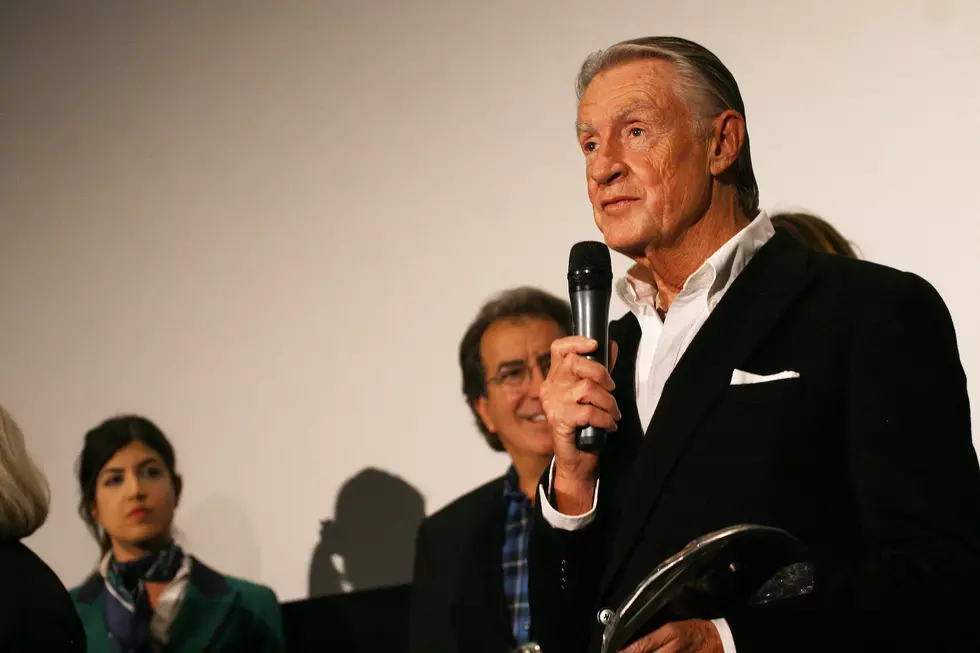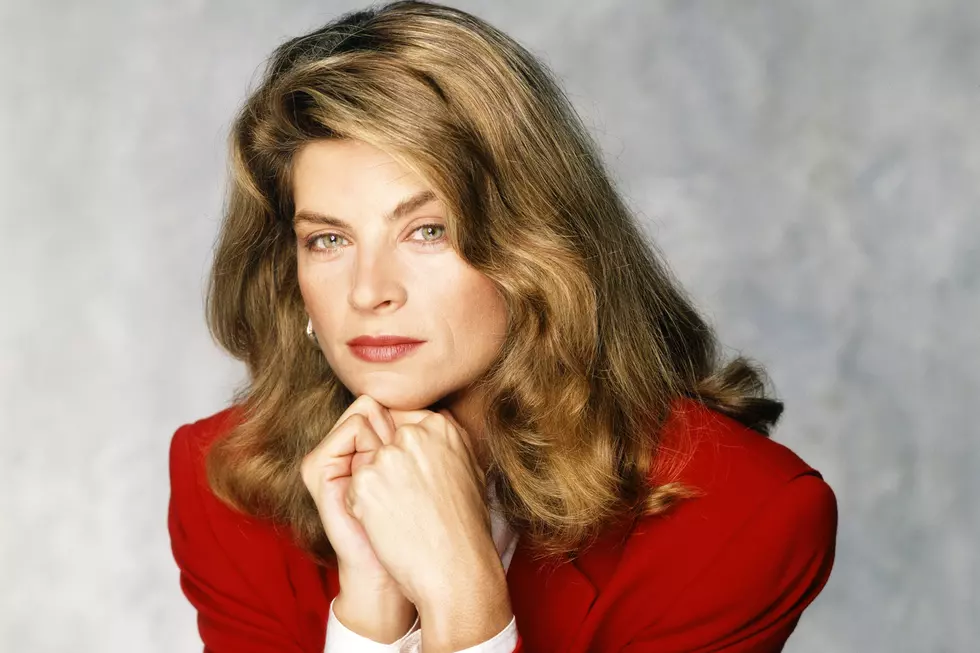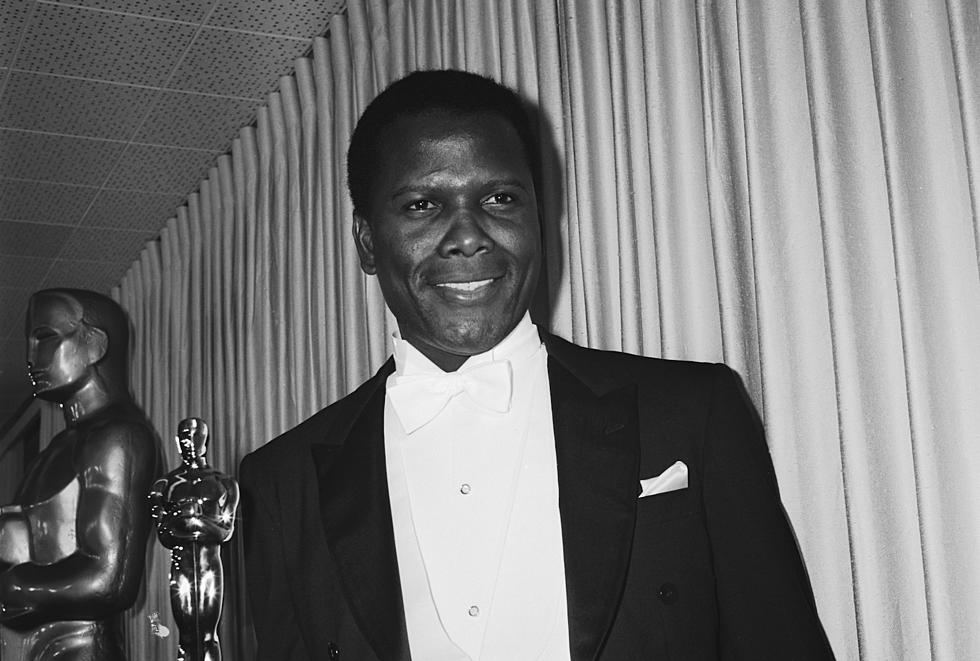
Joel Schumacher, Director of ‘The Lost Boys’ and ‘Batman Forever,’ Dies at 80
The film world has lost one of the most successful directors of the ’80s and ’90s. Joel Schumacher, who rose from the ranks of costume designer to one of his era’s biggest Hollywood filmmakers, has died. Variety reports the cause of death was a “year-long battle with cancer.” Schumacher was 80 years old.
After studying fashion in school, Schumacher went to Los Angeles and quickly distinguished himself as a costume designer. He created the clothes for Woody Allen’s Sleeper and Interiors, and for the popular murder mystery The Last of Sheila. He then moved to screenwriting — penning the scripts for’70s cult hits like Sparkle and The Wiz. His first movie as a director was The Incredible Shrinking Woman, starring Lily Tomlin.
A few years later, Schumacher had his first major successes directing one of the key “Brat Pack” movies, St. Elmo’s Fire, and the teen vampire movie The Lost Boys. Both movies helped cement Schumacher’s reputation as a filmmaker with keen commercial instincts, and a knack for discovering and highlighting young acting talents:
After several movies with Julia Roberts fresh off her star-making turn in Pretty Woman, and the controversial thriller Falling Down with Michael Douglas, Schumacher scored his biggest box-office hit to that point with 1994’s The Client, based on a novel by John Grisham. A few years later, Schumacher also directed the adaptation of Grisham’s first book, A Time to Kill. That became an even bigger hit — and launched the film career of a young Matthew McConaughey, who played the lawyer at the story’s center.
The success of The Client landed Schumacher his most famous job: Replacing Tim Burton as the director of the ’90s Batman franchise. While his second movie, Batman & Robin, transformed the series into a colorful camp homage to the ’60s television series, it’s worth noting that Schumacher’s first Bat-film, Batman Forever, actually outgrossed Batman Returns and was widely seen at the time as a return to form for the series, thanks in part to another excellent Schumacher cast that included Jim Carrey, Tommy Lee Jones, Nicole Kidman, Chris O’Donnell, and Val Kilmer as the new Batman.
After Batman & Robin flopped, Schumacher largely returned to smaller, weirder productions, including the Nicolas Cage snuff film drama 8mm, and the conceptual thriller Phone Booth featuring Colin Farrell trapped inside a New York City phone booth for almost the entire runtime. His final film as a director was Trespass, also with Cage, although he did direct several episodes of House of Cards before his death.
Schumacher’s legacy, particularly among Batman fans, is complex. And he certainly did not have an unblemished record as a filmmaker. But when I look at his work, both good and bad, what I do see — and admire — is a filmmaker who was willing to take chances on untested talent and potentially controversial subjects and themes. Not all of those risks ultimately paid off, but many of them did — and a lot of his failures were interesting ones. (The Number 23 might fall into that last category.) Hollywood could use more Joel Schumachers these days.
Gallery — The History of Batman Onscreen:
More From 99.1 WFMK










